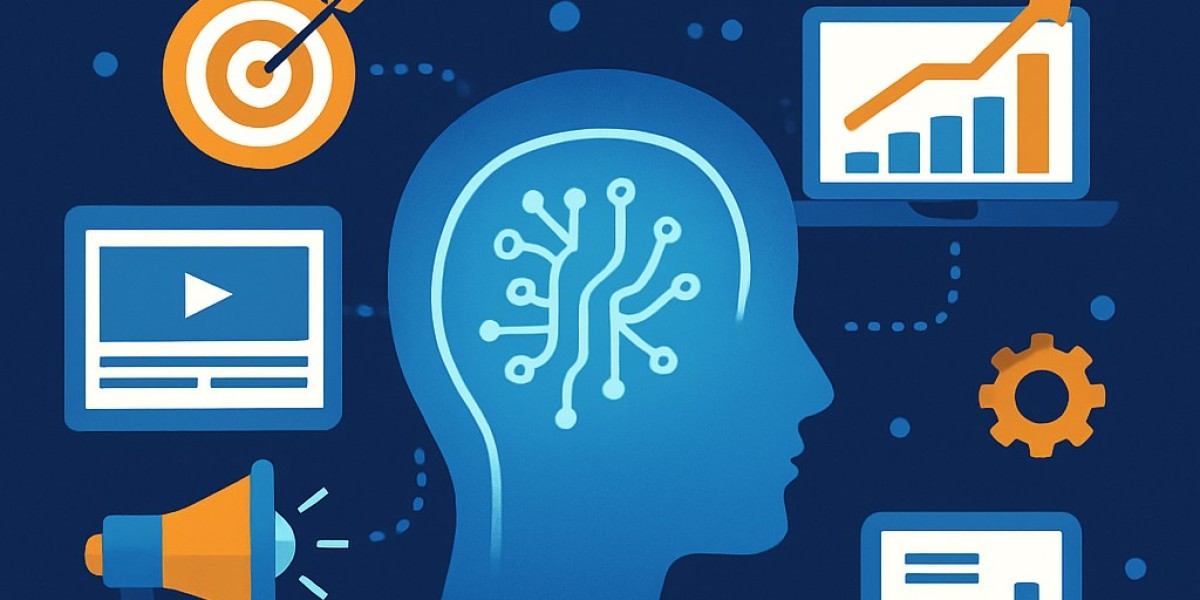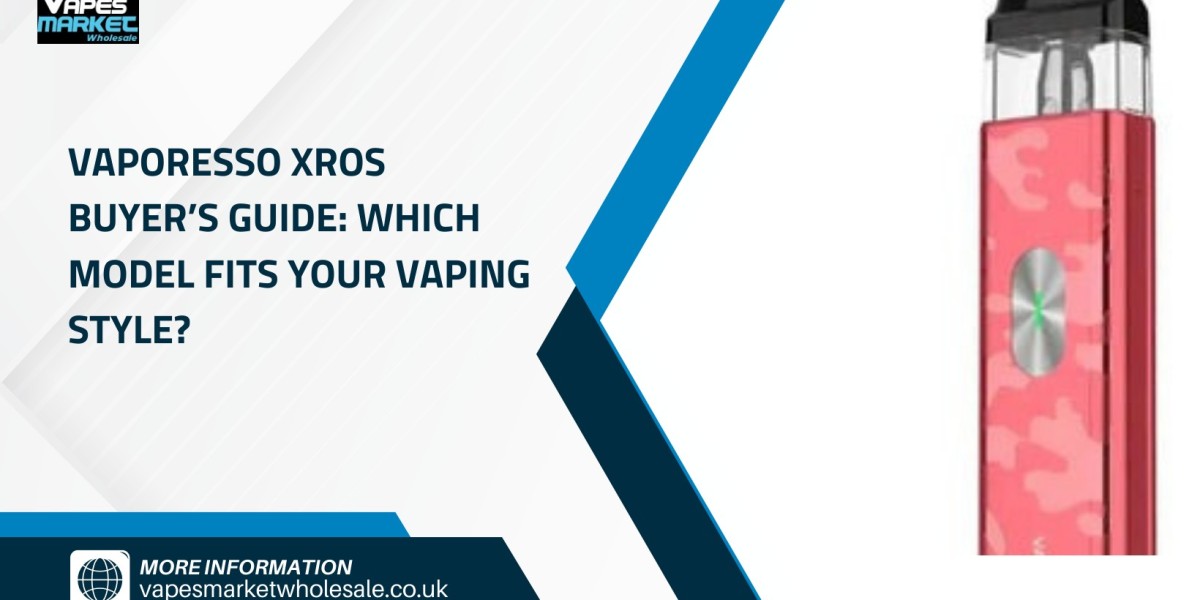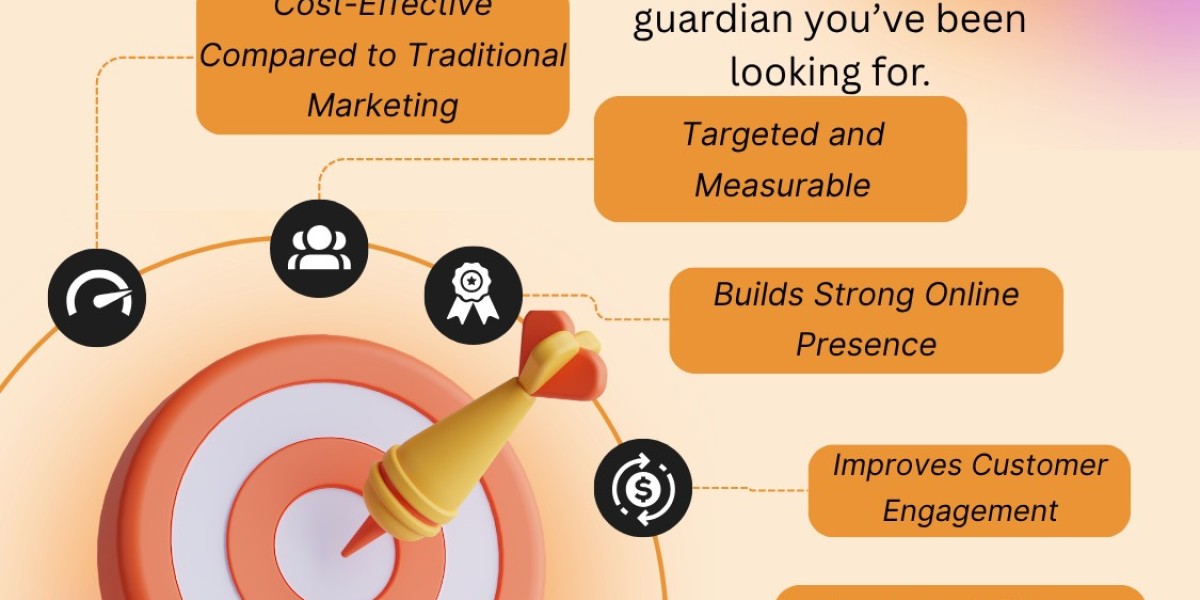Introduction
In today’s digital world, AI in digital marketing is no longer a luxury—it's a necessity. From automating tasks to analyzing customer behavior and personalizing campaigns, Artificial Intelligence (AI) is transforming how businesses connect with their audiences. As brands compete in a crowded online space, AI has become the secret ingredient that drives smarter, faster, and more efficient marketing results.
Let’s dive deep into how AI is revolutionizing digital marketing in 2025 and how you can use it to stay ahead of the curve.
1. What is AI in Digital Marketing?
AI in digital marketing refers to the use of machine learning, data analytics, and automation to improve marketing strategies and outcomes. It allows marketers to make real-time decisions, personalize user experiences, and predict future trends based on past behaviors.
Unlike traditional marketing methods, AI can process vast amounts of data in seconds, making it easier to understand customer preferences, automate repetitive tasks, and deliver targeted content.
2. AI-Powered Content Creation
Creating high-quality content consistently can be a challenge. This is where AI tools come in handy. Platforms like ChatGPT, Jasper AI, and Copy.ai help marketers draft engaging blog posts, ad copy, emails, and social media content within minutes.
AI not only saves time but also helps ensure the content is optimized for SEO and audience relevance. It can analyze trending topics, generate ideas, and even tailor messages based on audience behavior.
Example: A fashion brand can use AI to generate Instagram captions that align with trending keywords and styles, increasing engagement.
3. Smart Audience Targeting
One of the key benefits of using AI marketing strategies is the ability to segment and target audiences more precisely. AI analyzes data like age, location, purchase history, and online behavior to identify which users are most likely to convert.
This makes ad campaigns more effective and cost-efficient. For example, platforms like Meta (Facebook) Ads and Google Ads use AI algorithms to deliver ads to users who are most likely to take action, such as making a purchase or signing up.
Result: Better ROI and reduced ad spend waste.
4. AI Chatbots and Customer Support
AI-powered chatbots have become a game-changer in customer service. They provide 24/7 support, answer FAQs, guide users through the buying process, and even recommend products based on user behavior.
Tools like Drift, Tidio, and Intercom are helping brands offer a seamless customer experience while reducing the workload on human agents.
Bonus: AI chatbots learn from interactions and improve over time, offering more accurate and human-like responses.
5. Predictive Analytics and Customer Insights
AI can predict customer behavior based on historical data. This means marketers can anticipate what a customer is likely to do next—whether it's abandoning a cart, clicking an email, or making a purchase.
Using predictive analytics, marketers can design personalized marketing with AI that increases conversions and customer retention.
Example: An e-commerce brand can use AI to send personalized discount offers to users likely to churn, improving retention rates.
6. Email Marketing Automation
AI takes email marketing to the next level. With platforms like Mailchimp, HubSpot, or ActiveCampaign, marketers can:
- Segment subscribers
- Personalize email content
- A/B test subject lines
- Predict the best send times
All of this leads to higher open rates, click-through rates, and conversions.
Insight: AI can even auto-generate email content tailored to each subscriber’s interests and purchase history.
7. Visual Recognition and Social Media
AI tools are now capable of analyzing images and videos to understand what content resonates best with your audience. On platforms like Instagram and TikTok, AI can identify trending themes, popular hashtags, and the type of visuals your followers prefer.
Social media scheduling tools like Lately.ai use AI to repurpose long-form content into bite-sized social media posts, ensuring consistent engagement across platforms.
8. Voice Search and AI SEO
With the rise of smart speakers and voice assistants, voice search optimization has become crucial. AI helps identify long-tail keywords and conversational queries that people are likely to speak rather than type.
This shifts SEO strategies to be more intent-focused, natural, and question-based.
Tip: Optimize your content for featured snippets and use tools like SEMrush or SurferSEO powered by AI to improve search visibility.
9. Ethical AI Use in Marketing
While AI offers enormous benefits, it’s essential to use it ethically. Customers are becoming more aware of how their data is used. Transparency, consent, and data privacy should always be prioritized.
Marketers must strike a balance between personalization and privacy to build trust.
Conclusion
The future of digital marketing is here—and it's powered by AI. From content creation to customer insights, AI enables marketers to work smarter, not harder. It improves efficiency, boosts ROI, and helps brands deliver highly personalized experiences at scale.
Whether you’re a small business or a large enterprise, adopting AI marketing strategies can transform your approach and keep you ahead in the digital game.
Final Thoughts
If you haven't already embraced AI in digital marketing, now is the time. Start by exploring simple AI tools, test different strategies, and scale as you see results. The more data you feed the system, the smarter your campaigns will become.
The digital landscape is evolving—make sure your marketing evolves with it. "Join the best Digital Marketing course in Bangalore to master SEO, SEM, social media, and more with expert trainers.








